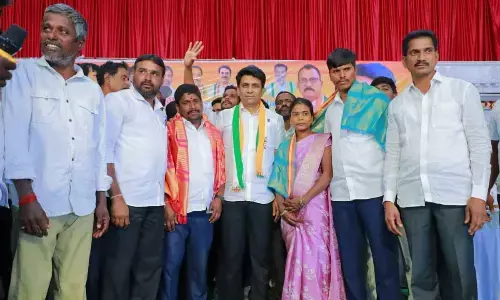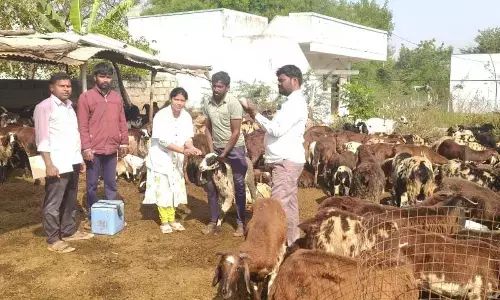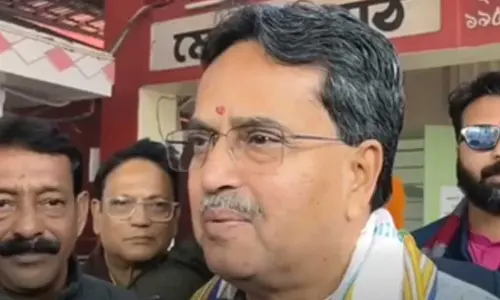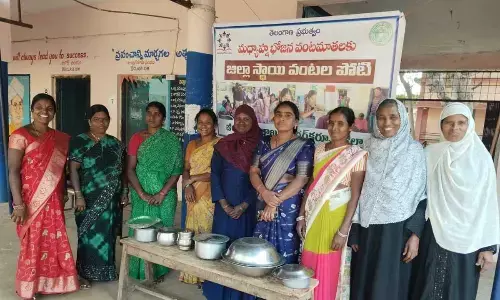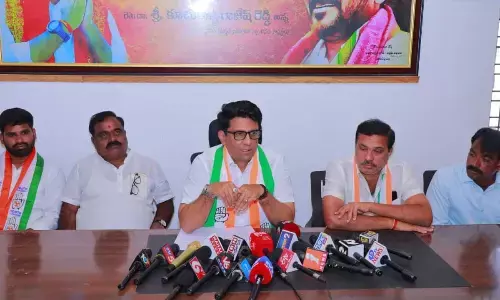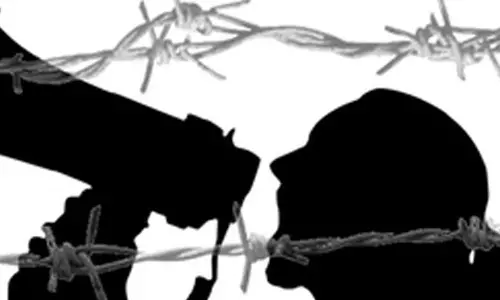Arvind Kejriwal Proposes 'One Nation, One Education' Amid 'One Nation, One Election' Debate
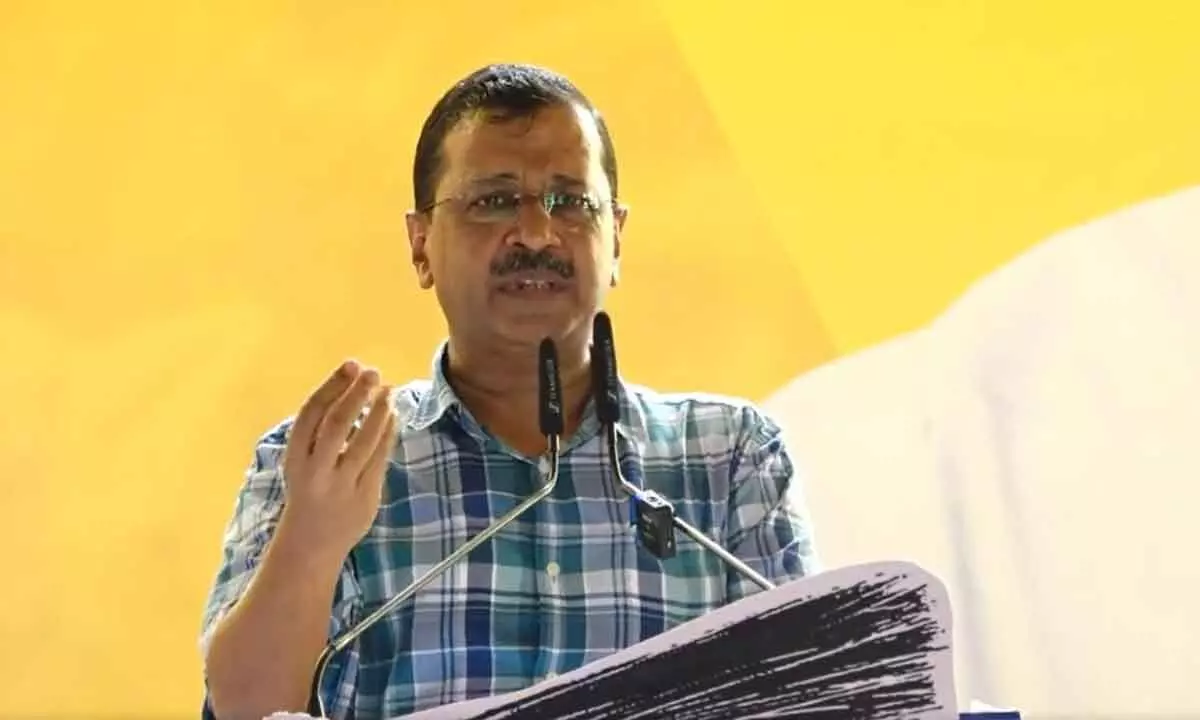
- Delhi's Chief Minister, Arvind Kejriwal, introduces a distinctive perspective, emphasizing 'One Nation, One Education' over the 'One Nation, One Election' initiative.
- The debate gains momentum as political leaders discuss the implications of electoral reform in India's diverse and federal structure."
The ongoing discussion surrounding the "One Nation One Election" initiative has taken an intriguing twist, with Delhi's Chief Minister, Arvind Kejriwal, offering a unique perspective. While the Central Government forms a committee to contemplate the possibility of aligning India's numerous elections into a single event, Kejriwal has presented a profound idea, asserting that the nation's primary focus should be "One Nation, One Education."
In this thought-provoking stance, Kejriwal challenges the prevailing discourse regarding the electoral calendar, emphasizing the importance of accessible and equitable education for all citizens. He suggests that rather than concentrating on electoral consolidation, the nation should channel its efforts into creating an equitable educational landscape.
Kejriwal's Vision: "One Nation, One Education"
Arvind Kejriwal, a significant figure in Indian politics, elaborated on his viewpoint, saying, "The Bharatiya Janata Party (BJP) has introduced the concept of 'One Nation, One Election.' But what tangible benefits will we derive from one election, ten elections, or even a dozen? What we genuinely aspire to achieve is 'One Nation, One Education,' ensuring that every individual has access to high-quality education. 'One Nation, One Election' is of little interest to us. Whether it's one election or a thousand, it's inconsequential."
This statement holds considerable weight as it aligns with the core principles of Kejriwal's party, which prioritize education and healthcare as top priorities for the people of Delhi. He believes that by focusing on education, India can nurture an informed and empowered populace.
Rahul Gandhi's Previous Critique
Before Kejriwal, Congress leader Rahul Gandhi had also expressed doubts about the One Nation One Election concept. Gandhi had criticized it as an attack on India's diverse and federal structure, pointing out that India is a union of states, and the notion of a single election overlooks its intricate federal nature.
Formation of the Committee and Controversy
The Central Government, under the guidance of President Ram Nath Kovind, has established an eight-member committee to explore the feasibility of the One Nation One Election initiative. Notably, this committee includes Adhir Ranjan Chowdhury, a prominent Congress leader. However, Chowdhury has distanced himself from the committee, articulating his decision in a letter to Home Minister Amit Shah, in which he declined the invitation to participate.
A Polarizing Debate
The debate over the One Nation One Election concept continues to divide political opinions in India. Leaders like Kejriwal and Gandhi advocate for an in-depth discussion of its implications, particularly in the context of India's rich diversity and federal structure.
As discussions progress, the Central Government's response to the concerns and requests raised by various political figures and parties regarding this ambitious electoral reform remains a topic of great interest. The One Nation One Election proposal, aimed at streamlining India's electoral process and reducing costs, remains a subject of intense deliberation within the nation's political landscape.










